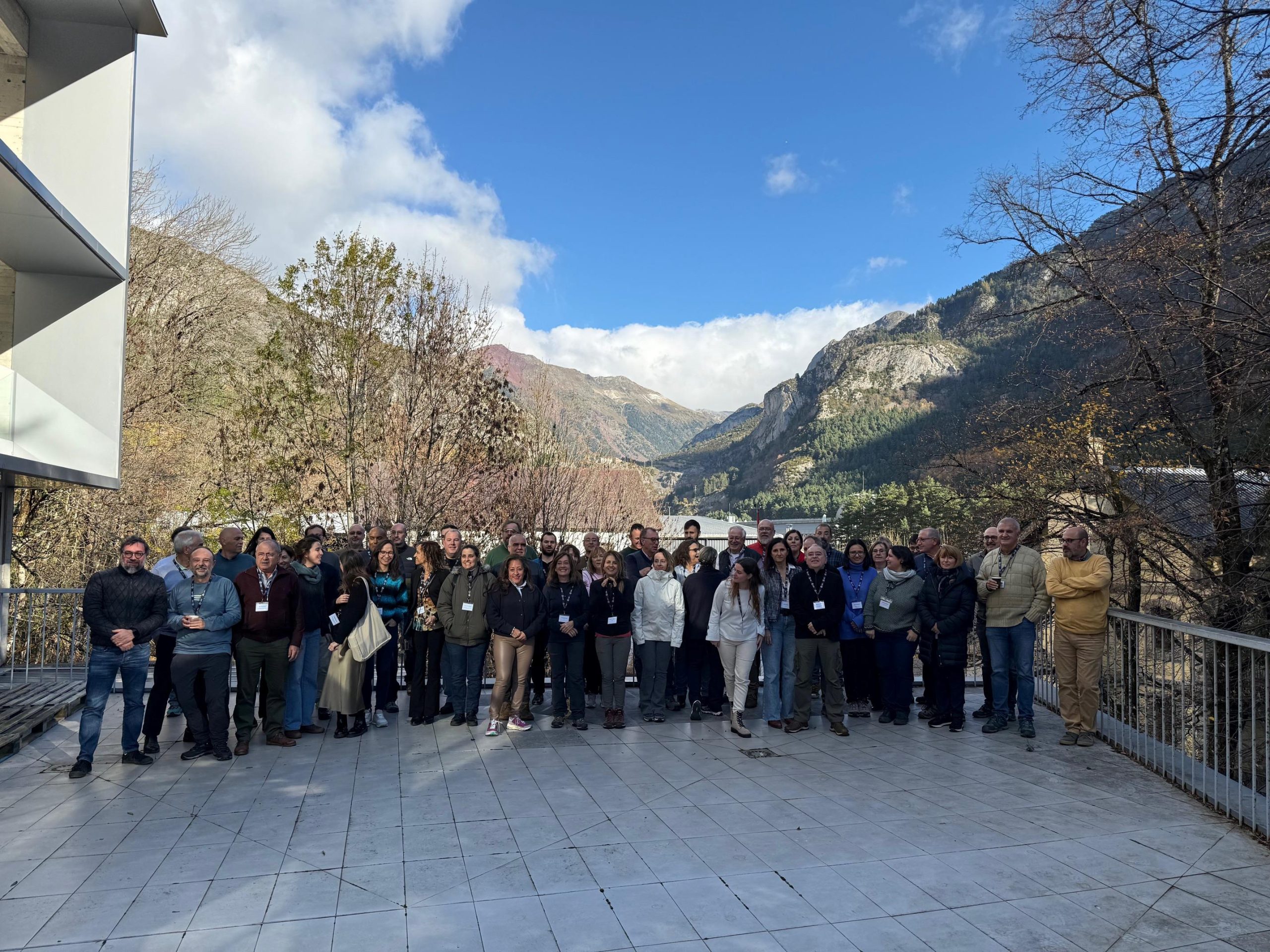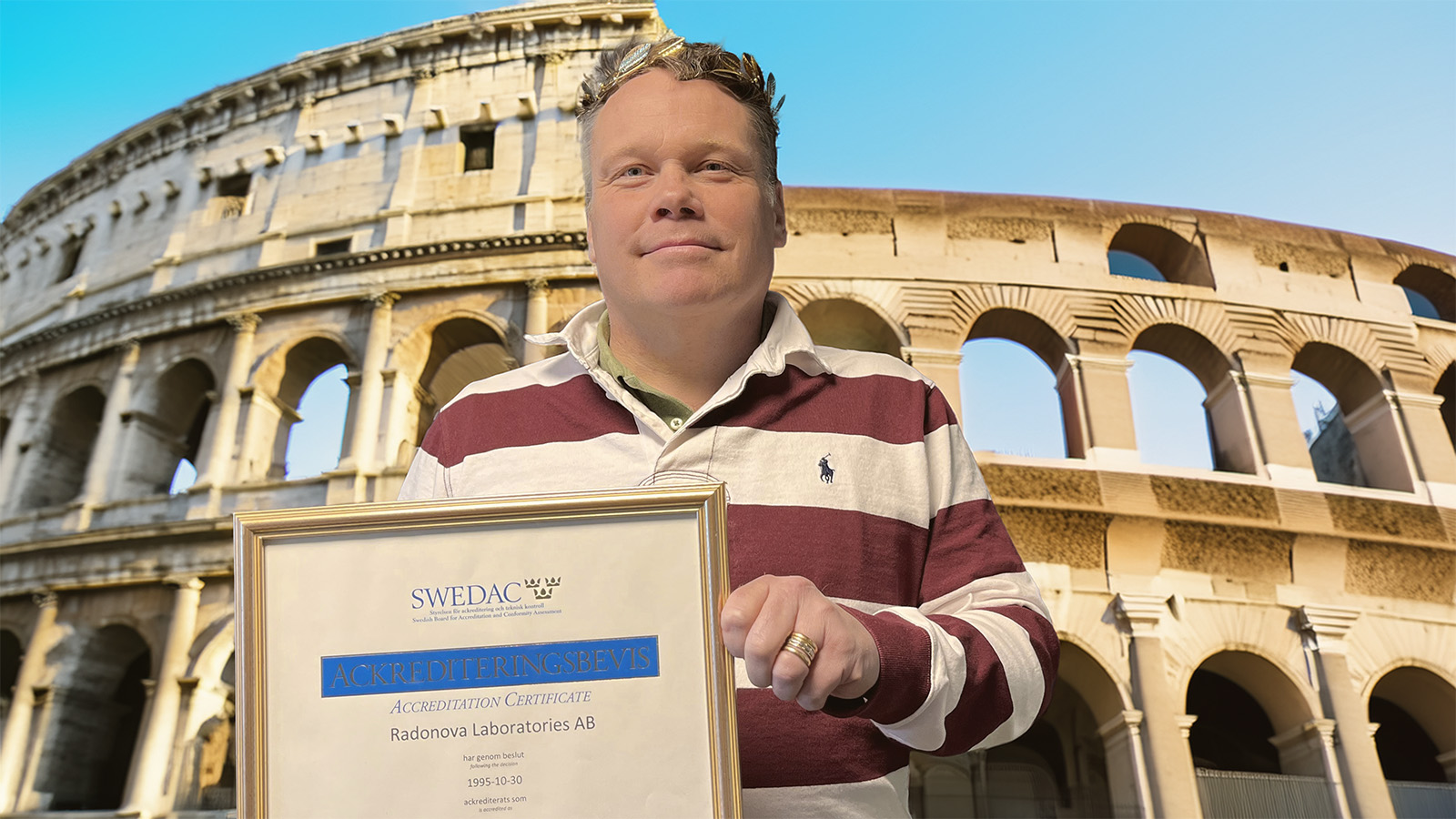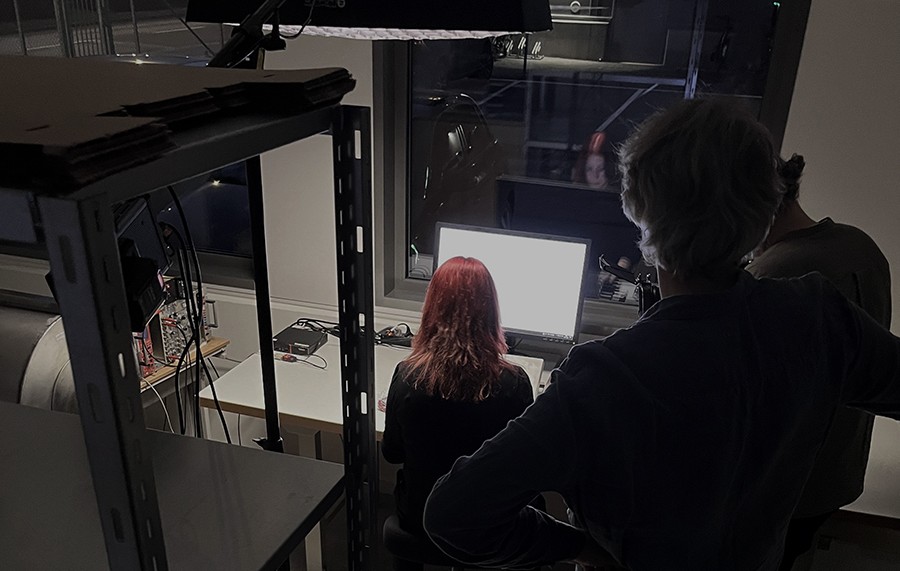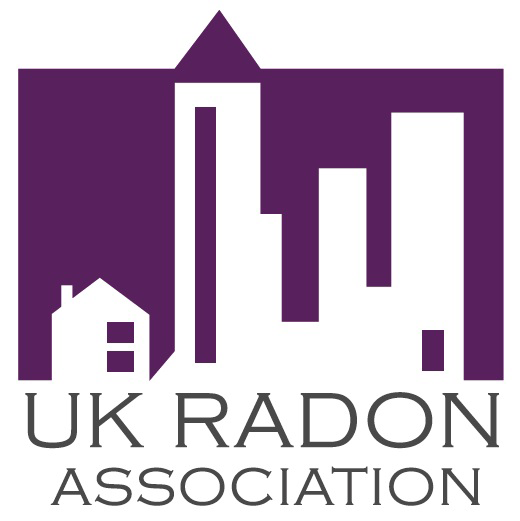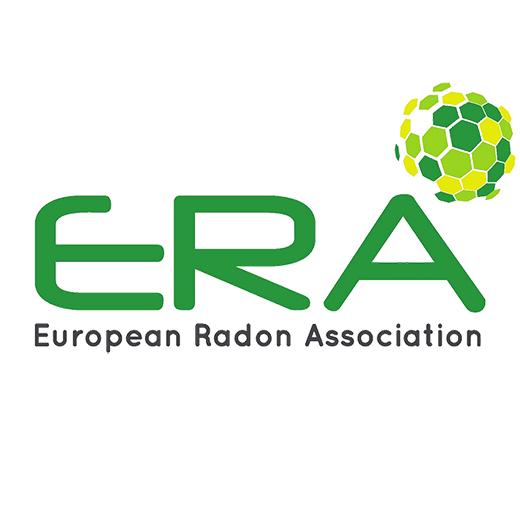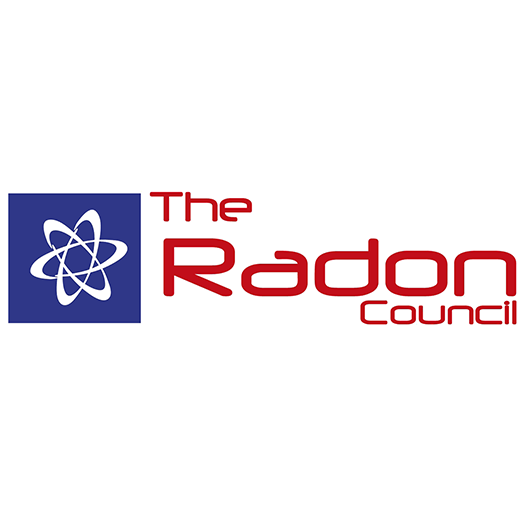Radonova actively works to reduce the harmful effects of radon through international collaborations and research. A recent example is the company’s participation in Spain’s national Radon R&D&I Workshop focused on radon research and development.
The event, held November 11–13 at the Canfranc Laboratory in the Pyrenees, brought together researchers, organizations, and policymakers to discuss solutions to radon-related health risks.
Collaboration for New Knowledge
José-Luis Gutiérrez Villanueva from Radonova participated in the workshop as a co-author of a presentation alongside researchers from Barcelona. The study, based on 12 years of data from the Spanish mortality registry, revealed that radon exposure is not only linked to lung cancer but may also impact other types of cancer, particularly in younger women.
“Understanding these connections is crucial for creating effective public health strategies,” says Gutiérrez Villanueva. “Through global collaborations, Radonova contributes to developing solutions to mitigate radon’s impact.”
Supporting National Radon Initiatives
The workshop also highlighted Spain’s national plan against radon, which implements the EU directive EURATOM/2013/59. The plan aims to increase awareness, strengthen regulations, and improve efforts in public health, building standards, and research. Radonova sees opportunities to both contribute to and learn from this initiative.
A Global Effort
Radonova’s involvement in international events like the Canfranc workshop is part of the company’s strategy to collaborate with researchers and organizations. The goal is to foster new insights and solutions to reduce the health impacts of radon. Through these efforts, Radonova contributes to a safer and healthier future.
